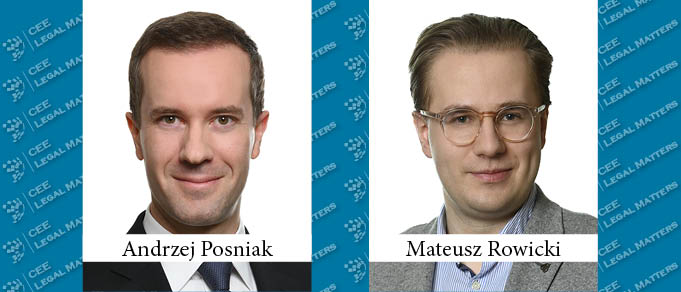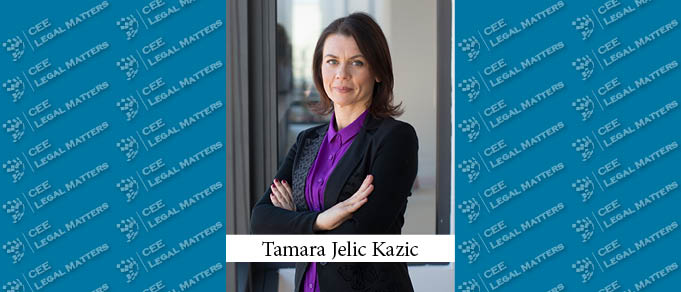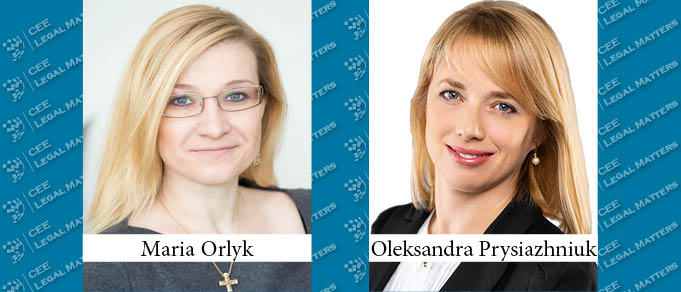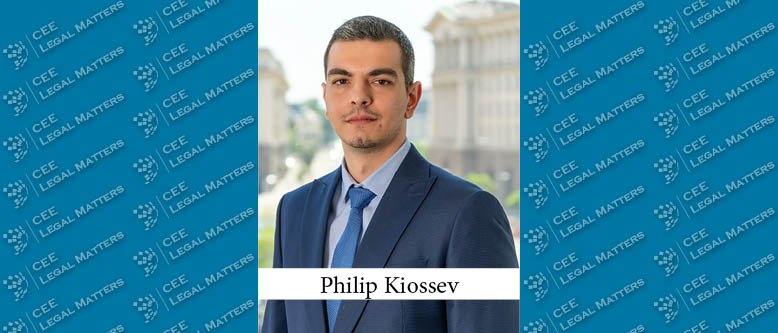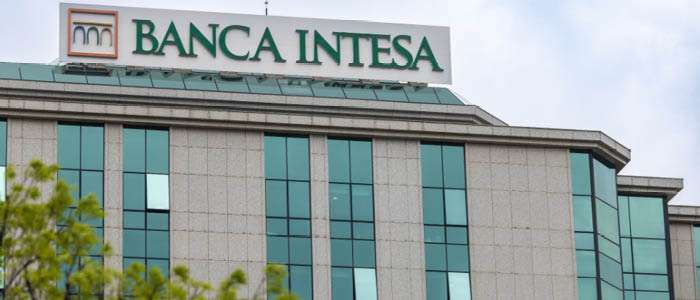The Hungarian National Authority for Data Protection and Freedom of Information (NAIH) recently published its annual report for 2021, which contains some useful information for data controllers.
Ukraine: Litigation during Martial Law
The constitutional right to judicial protection is not subject to restrictions under martial law. At the same time, some courts, taking into account the real situation in the region, may establish special modes of operation.
New Slovak Act on Screening of Foreign Direct Investments
The planned legislation will introduce a screening of foreign direct investments to Slovakia from third countries. The aim of the screening mechanism should be the protection of Slovakia’s security and public order, whereas security and public order in the EU shall also be considered.
Is Slovakia Ready for a Hybrid Work Model?
Since the onset of the COVID-19 crisis, the Slovak Labor Code has changed several times. In 2021, five amendments were adopted, and new changes are expected in 2022. Although we observe progressive changes, the labor code remains quite rigid. Its provisions on remote work do not distinguish between blue-collar and white-collar jobs, which makes their implementation more demanding. Remote working, constant changes to COVID-19 pandemic rules, vaccination, health and safety, data protection, and employment termination rules – these have been the most pressing issues that have led employers to turn to their legal advisors.
How Will the PNRR Affect the Romanian Tax Landscape and Taxpayers?
“The Romanian Recovery and Resilience Plan (PNRR) forms part of an unprecedented coordinated EU response to the COVID-19 crisis, to address common European challenges by embracing the green and digital transitions, to strengthen economic and social resilience and the cohesion of the single market,” according to the European Commission.
Czech Republic: Investment Incentives in 2022
Generally, in the Czech Republic investment incentives are provided by the state to support businesses in regions other than Prague. They are approved by the government in cooperation with the respective ministries and processed by the state agency CzechInvest.
Taxation of Dividends in the Polish Legal Regime
The taxation of dividends in Poland is a complex issue. Moreover, relevant regulations have recently been changed as part of a wider 2022 tax reform.
Non-Resident Company Letting a Property in Croatia – Taxable Permanent Establishments?
Non-resident owners of property in Croatia who have plans to rent it out should consider domestic and double tax treaty rules on taxation of permanent establishments.
What “Europe Now” Brings to the Tax System of Montenegro
All the countries around the world regardless of whether they are big or small, wealthy or poor, developed or developing, are facing the consequences of the coronavirus crisis. The ongoing COVID-19 pandemic has revealed the fragility of healthcare systems, the instability of economic structures, and the vulnerability of society.
Changes In The Taxation System in Hungary in 2022
The summary below highlights the most important changes to the Hungarian Tax Regime for 2022.
Renewable Energy in Ukraine
In 2021 the renewable energy market in Ukraine has been in a crisis mode compared to the booming years of 2018 and 2019. Following the legislative changes in 2020, which decreased the feed-in tariff (FiT), the market for solar projects has been very low, except for small solar projects for households and solar projects implemented by industrial consumers to produce electricity for their own use. Primarily, such industrial consumers are aiming to reduce costs for electricity and improve their market position before the introduction of the Carbon Border Adjustment Mechanism. Notwithstanding the weakening of the market for solar projects, we have observed a steady growth of wind projects. The 2020 FiT changes have decreased the wind tariff moderately and provided a cut-off day for wind projects under the FiT on December 31, 2022. This has boosted the construction of several large wind projects in 2021 and 2022. In 2022 we anticipate commissioning of almost 1 gigawatt of wind capacity, which is much higher than in 2021.
Bulgaria: International Equity Plans – Local Tax Compliance Issues
US-based and other multinational employers with subsidiaries in Bulgaria often include their Bulgarian employees in their equity plans and grant them equity awards. Implementing an international equity plan in Bulgaria for the first time can be challenging for any multinational employer, as they should ensure compliance with Bulgarian laws and regulations. Tax compliance could raise particular concerns, as Bulgarian tax law is silent on many issues and the views of the Bulgarian tax authorities lack consistency throughout the years.
Ukraine’s Capital Markets: A Regulatory Snapshot
Relatively high inflation and lowering deposit interest rates became characteristic for Ukraine in recent years, thus heating investors’ demand for yields. Savings have been growing continuously, boosting the segments with a higher risk appetite and propelling the development of new investment opportunities. At the same time, the domestic financial sector is undercapitalized and has few financial instruments to offer. The market, therefore, attracts the attention of various non-resident providers of financial services – from the most diversified investment banking groups to single product enthusiasts, who are asked by Ukrainian corporations and high-net-worth individuals to offer a service or specifically target potential customers.
Diia City Corporate Novelties
With the ambitious plan to create in Ukraine the most powerful IT hub in Central and Eastern Europe, the Government of Ukraine has established Diia City – a special legal framework for the IT industry, in summer 2021. Currently, the legal and organizational basis for the operation of Diia City is being developed and improved. It is expected that the project will be fully launched already in the first quarter of 2022.
Novelties in Serbian Tax System
With the acceleration of the process of transition to a market economy, since 2001, Serbia has carried out a fundamental reform of its tax system, which has undergone several further changes in the past two decades. Last year brought numerous changes to the tax system in Serbia, and the introduction of the taxation regime for digital assets and tax control were a particular focus.
Paradigm Shift in Austrian Crypto Taxation
The pioneering Austrian legislator is breaking new ground in the area of crypto taxation. Income from cryptocurrencies will no longer be taxed progressively, at up to 55% for individuals, but at a flat rate of 27.5% withholding tax. With these rules, the Austrian legislator has brought clarity to the taxation of crypto assets for the first time and has responded to the increased practical relevance of cryptocurrencies and the need to tax them in line with securities. The previous taxation of crypto assets was mainly based on non-binding information from the homepage of the Austrian Ministry of Finance.
Income Taxation for Individuals Who Transfer Their Tax Residence to Greece
In early 2021, Greece has introduced a new ambitious tax regime in order to motivate the opening of new employment positions and especially motivate Greeks who have moved abroad due to the severe economic crisis of 2010 to relocate back to Greece. In addition, salaried employees in the private sector, as well as average businessmen and freelancers who perform their activities in Greece while their tax residence is being registered abroad, can also benefit from the new favorable tax regime and transfer their tax residence in Greece.
Romania: Implementation of Regulation (EU) 452/2019
Publication in the Official Gazette of Government Emergency Ordinance no. 46/2022 on measures to implement Regulation (EU) 452/2019 of the European Parliament and of the Council of 19 March 2019 establishing a framework for the examination of foreign direct investment in the Union and for amending and supplementing Competition Law no. 21/1996







